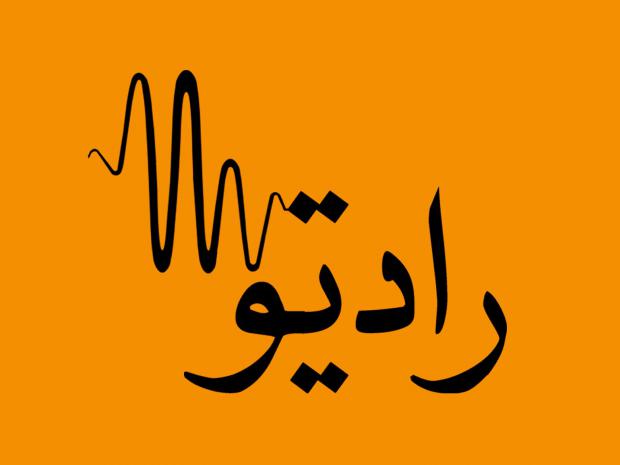
Breaking News
 MELANIA, the film, exclusively in theaters worldwide on January 30th, 2026.
MELANIA, the film, exclusively in theaters worldwide on January 30th, 2026.
 Hospitals murdered COVID patients. The more they killed, the more money they made.
Hospitals murdered COVID patients. The more they killed, the more money they made.
Top Tech News
 This tiny dev board is packed with features for ambitious makers
This tiny dev board is packed with features for ambitious makers
 Scientists Discover Gel to Regrow Tooth Enamel
Scientists Discover Gel to Regrow Tooth Enamel
 Vitamin C and Dandelion Root Killing Cancer Cells -- as Former CDC Director Calls for COVID-19...
Vitamin C and Dandelion Root Killing Cancer Cells -- as Former CDC Director Calls for COVID-19...
 Galactic Brain: US firm plans space-based data centers, power grid to challenge China
Galactic Brain: US firm plans space-based data centers, power grid to challenge China
 A microbial cleanup for glyphosate just earned a patent. Here's why that matters
A microbial cleanup for glyphosate just earned a patent. Here's why that matters
 Japan Breaks Internet Speed Record with 5 Million Times Faster Data Transfer
Japan Breaks Internet Speed Record with 5 Million Times Faster Data Transfer
 Advanced Propulsion Resources Part 1 of 2
Advanced Propulsion Resources Part 1 of 2
 PulsarFusion a forward-thinking UK aerospace company, is pushing the boundaries of space travel...
PulsarFusion a forward-thinking UK aerospace company, is pushing the boundaries of space travel...
 Dinky little laser box throws big-screen entertainment from inches away
Dinky little laser box throws big-screen entertainment from inches away
 'World's first' sodium-ion flashlight shines bright even at -40 ºF
'World's first' sodium-ion flashlight shines bright even at -40 ºF
A Pirate Podcast App Takes on Iran's Hardline Censors

REZA GHAZINOURI REMEMBERS the importance of pirate radio as a teenager growing up in in the city of Mashhad in northeast Iran. His father tuned in multiple times a day to the banned Farsi version of the BBC transmitted from neighboring countries, to hear the truth about Iranian political scandals like the impeachment of the country's liberal minister of culture, and the shutdown of dozens of its newspapers. While Ghazinouri studied for his college entrance exams in 2003, he'd listen to the US government-funded Radio Farda coverage of student protests against university privatization. "I still remember those programs so clearly," Ghazinouri says, "Every night I'd imagine myself protesting like the students."
Today, Ghazinouri has found his own form of protest. He's one of the creators of an app that aims to bring the same contraband audio to modern Iran in a revamped form: the pirate podcast. Today he and his fellow activists and coders at the Berkeley-based, Iran-focused app developer IranCubator will launch RadiTo, an audio app for Android uniquely suited to the conditions of the country's internet. It navigates slow, expensive data connections, users who speak a variety of languages and dialects ignored by most podcast distributors, and trickiest of all, a draconian digital censorship regime. With RadiTo, the group hopes to evade that internet filtering and bring a rare stream of aural information about the outside world to the country's burgeoning smartphone culture.

 The Prime Directive is Evil
The Prime Directive is Evil
 Don't Worry About Bitcoin
Don't Worry About Bitcoin

